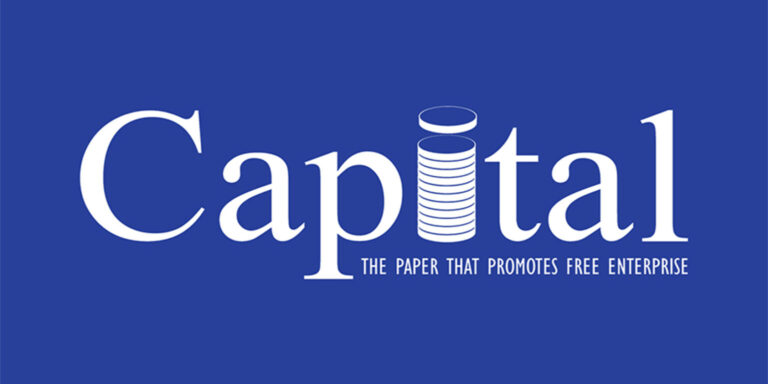Dozens of youths were detained on Monday in Morocco on the third day of protests calling for education and public health reforms, according to a local rights group and AFP reporters. Security forces have been trying to prevent groups of young people from gathering since Saturday and AFP journalists saw police arrest dozens of people. “The people want health, education and accountability,” the protesters chanted. The protests, which also saw dozens of arrests on Saturday and Sunday, were initiated by a collective known as “GenZ 212”, whose founders remain unknown. Hakim Sikouk, president of the Rabat branch of the Moroccan Association for Human Rights (AMDH), said there were “more than 60 arrests in Rabat” and an unknown number in the cities of Casablanca, Agadir, Oujda and Meknes. He said that the majority of those detained over the weekend had been released. GenZ 212 had put out the call for protests days before on the platform Discord, citing issues such as “health, education and the fight against corruption”, while professing its “love for the homeland”. AFP
Uganda, Somalia to Sign Deals at 2nd JPC Summit
Uganda and Somalia will sign three memorandums of understanding (MoUs) at the Second Joint Permanent Commission (JPC), Investment and Business Summit in Kampala from October 7 to 8. … In 2022, Uganda and Somalia set up a Joint Permanent Commission (JPC), holding its first session in Kampala from August 7 to 8 that year. Next week’s summit will review the status of implementation of the agreed minutes and MoUs signed in 2022, address any residual non-tariff barriers hindering trade and investment between both countries, and establish an enduring forum for continual discourse on trade and investment, among others. Speaking at the media launch of the summit last week, Prof Sam Tulya Muhika, the head of mission at the Uganda Embassy in Somalia, said the MoUs, “include a MoU on immigration management, education and sports, and bilateral labour agreement.” … Prof Muhika noted that the JPC will help implement trade and investment agreements, ease the movement of people—including those seeking residency—and support other areas of cooperation. The Ministry of Foreign Affairs said Somalia’s entry into the East African Community (EAC) has aligned trade policies, paving the way for stronger collaboration and mutual benefits for both Ugandans and Somalis. Monitor
Dozens of Children, Elderly Die of Hunger after Fleeing Sudan’s Darfur Camp
At least 73 children and more than 20 elderly people have died from hunger and disease over the past 40 days after fleeing the Abu Shouk camp in Sudan’s North Darfur, activists said on Sunday, highlighting a deepening humanitarian crisis in the city of El Fasher. The camp, which once housed over 190,000 displaced people, has been subjected to repeated artillery and drone attacks, killing large numbers of people and forcing thousands to flee. In late August, the paramilitary Rapid Support Forces (RSF) stormed the camp, killing about 40 displaced people and abducting others, according to activists. They added that the RSF also destroyed 98% of the water sources. “More than 73 children under the age of five and 22 elderly people have died… from hunger and disease,” the Abu Shouk Emergency Room said in a statement. Most of the displaced residents now live in makeshift gatherings in and around El Fasher in “extremely harsh” conditions, with an almost complete lack of food and medicine that has worsened malnutrition, the statement said. Free community kitchens have completely shut down due to a lack of funding, with the cost of a single meal for 20 families now exceeding 9 million Sudanese pounds. The group also warned of a health catastrophe with bodies left unburied near displaced communities because the security situation has made burials impossible. Sudan Tribune
Invisible Hand
The invisible hand, a concept coined by Adam Smith in his seminal work “The Wealth of Nations,” describes the unseen market forces that drive a free economy through self-interest and voluntary trades.
This metaphor illustrates how individuals, in pursuing their own goals, inadvertently contribute to societal welfare. The dynamics of supply and demand naturally adjust prices and trade flows without centralized control, highlighting how personal motives can lead to broader economic benefits and fulfillment of society’s needs.



